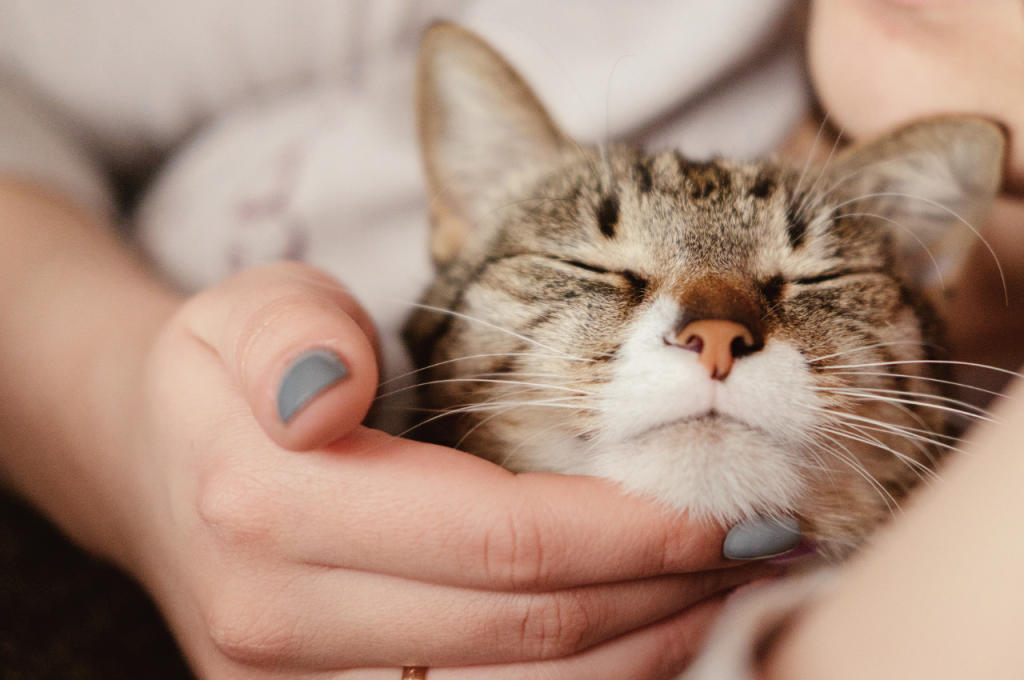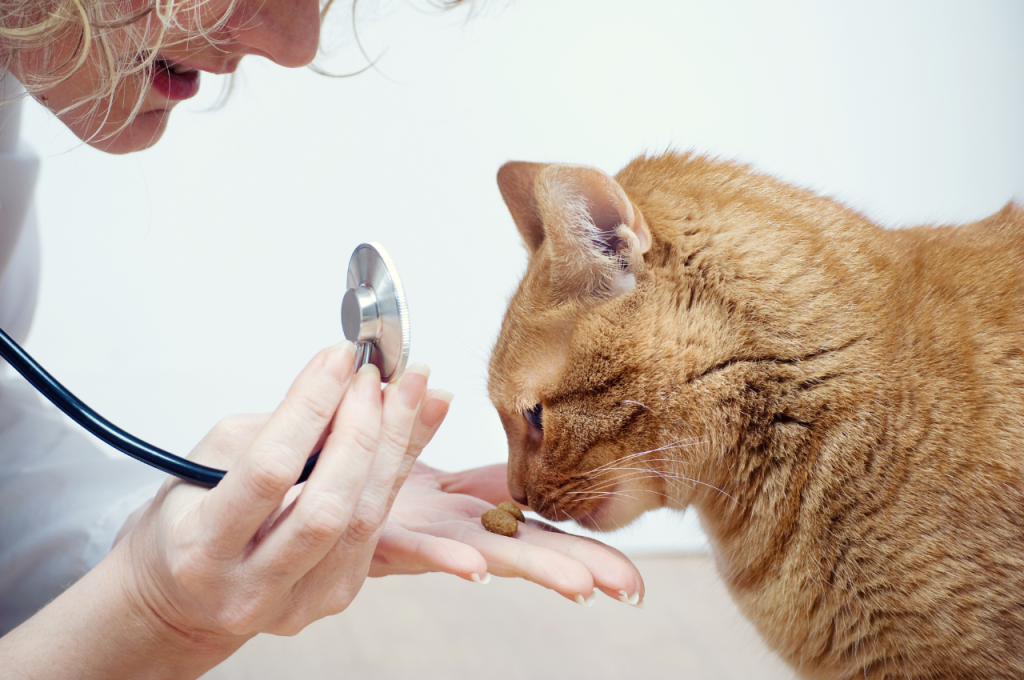When it comes to our furry feline friends, their adorable antics and cuddly nature often overshadow any potential health risks they may pose. However, it is important to understand that humans can indeed get sick from cats. Contrary to popular belief, it is not just allergies that can be caused by these lovable companions.
Although cats bring joy and companionship to many households, they can also transmit certain diseases to humans. One notable example is Toxoplasmosis, a parasitic infection that can be contracted through contact with cat feces. Pregnant women and individuals with weakened immune systems are especially vulnerable, as this infection can lead to severe complications. Proper hygiene practices, such as washing hands thoroughly after handling cat litter, can help mitigate the risk of contracting such infections.
While cats are generally safe to be around, some diseases can be transmitted from cats to humans. One common example is Toxoplasmosis, which can be passed through contact with infected cat feces. Another is Cat Scratch Disease, caused by a bacterial infection from a cat scratch or bite.
Understanding Zoonotic Diseases
One of the most common concerns when it comes to cats and human health is the transmission of zoonotic diseases. Zoonotic diseases are those that can be passed between animals and humans. While cats can carry and transmit zoonotic diseases, such cases are relatively rare. It is important to note that not all zoonotic diseases can be directly contracted from cats. Many of them require an intermediate host, such as fleas or ticks, to transmit the disease to humans.

To mitigate the risk of zoonotic diseases, it is crucial to maintain good hygiene practices when interacting with cats. Regular handwashing is essential, especially after handling cats, cleaning their litter boxes, or coming into contact with their feces. It is also important to keep cats free from fleas and ticks through regular grooming and appropriate preventive treatments. By following these simple measures, the risk of zoonotic disease transmission can be significantly reduced.
Toxoplasmosis
Caused by the Toxoplasma gondii parasite, which cats can contract from eating infected prey or contaminated food. While most healthy individuals may experience mild flu-like symptoms, it can pose severe risks to pregnant women and individuals with weakened immune systems.
Ringworm
Ringworm is a fungal infection rather than a worm. Cats can carry the fungus on their skin or fur, leading to skin lesions in humans upon contact.
Preventing Zoonotic Diseases
Fortunately, there are several practical measures you can take to minimize the risk of contracting zoonotic diseases from your cat:
Avoid High-Risk Activities
Pregnant women and individuals with weakened immune systems should avoid handling cat litter, as it may contain Toxoplasma parasites.

Environmental Hygiene
Keep your cat’s living environment clean and sanitized, including litter boxes, bedding, and feeding areas. Regularly clean and disinfect these areas to reduce the presence of pathogens.
Frequently Asked Questions
In this section, we will address common questions regarding the potential for humans to get sick from cats.
1. Are there any diseases that humans can catch from cats?
While cats can carry certain diseases, the risk of humans contracting these diseases from cats is generally low. However, it is still important to be aware of potential zoonotic diseases that can be transmitted between cats and humans.
Some examples of diseases that can be transmitted from cats to humans include:
- Toxoplasmosis
- Ringworm
- Cat scratch disease
- Bartonellosis
It’s worth noting that the risk of infection can be minimized through proper hygiene practices and regular veterinary care for cats.
2. How can humans prevent getting sick from cats?
To reduce the risk of getting sick from cats, it is important to take the following precautions:
- Wash your hands thoroughly after handling cats or cleaning their litter boxes.
- Avoid being scratched or bitten by cats.
- Keep your cat’s living environment clean and hygienic.
- Ensure your cat receives regular veterinary check-ups and vaccinations.
By practicing good hygiene and maintaining a clean environment, you can greatly reduce the chances of getting sick from cats.
3. Can humans get respiratory infections from cats?
Cats can carry certain respiratory infections, but the transmission of these infections to humans is rare. One example of a respiratory infection that can be transmitted from cats to humans is called “cat scratch fever.” However, it is important to note that such infections are uncommon and generally treatable with medical intervention.
If you have concerns about respiratory infections from cats, consult with your healthcare provider for guidance and take necessary precautions to minimize risks.
4. Is it safe for pregnant women to be around cats?
Generally, it is safe for pregnant women to be around cats. However, pregnant women should take certain precautions to reduce the risk of contracting diseases that can be transmitted from cats. One of the main concerns is toxoplasmosis, a parasitic infection that can be harmful to an unborn baby.
Pregnant women should avoid handling cat litter or wear gloves and wash their hands thoroughly if they have to do so. It is also recommended to delegate cat litter box duties to another household member during pregnancy. By following these precautions, the risk can be significantly reduced.
Conclusion
While the transmission of zoonotic diseases from cats to humans is possible, the risk is generally low with proper precautions. Maintaining good hygiene practices, such as regular handwashing and keeping cats free from fleas and ticks, can significantly reduce the risk of zoonotic disease transmission. By being proactive about preventive measures and staying informed about potential health risks, pet owners can enjoy a safe and healthy coexistence with their feline companions.
Remember, regular veterinary care for your cat is also essential for maintaining their health and minimizing the risk of disease transmission. With responsible pet ownership and awareness of zoonotic diseases, you can create a safe and enjoyable environment for both you and your cat.
